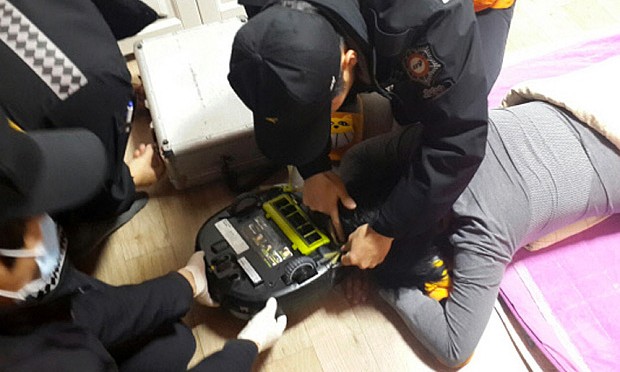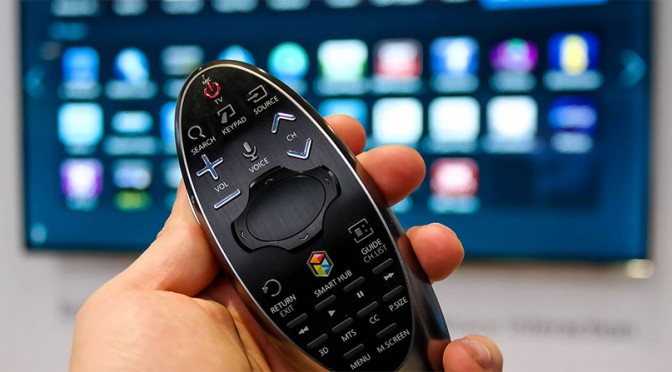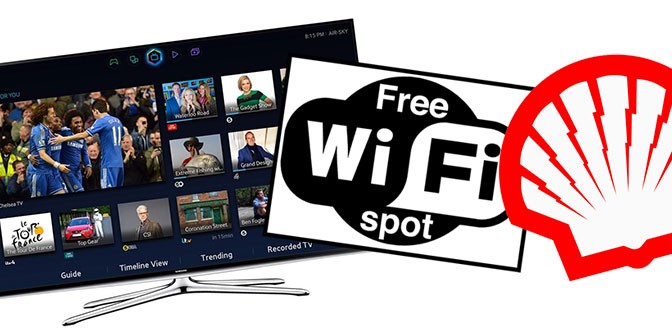German electronics brand METZ has unveiled its latest QLED UHD Smart TV range, the MQE7600ZUK series, bringing high-end viewing technology at exceptionally competitive prices. With a matte anti-glare screen, TiVo-powered smart TV functionality, and a five-year manufacturer’s warranty, this lineup is set to shake up the UK TV market.
Now available exclusively at Euronics stores, the METZ MQE7600ZUK series starts at just £379, with models available in 65”, 55”, 50”, and 43” sizes. The 43” version is set to launch in April 2025.
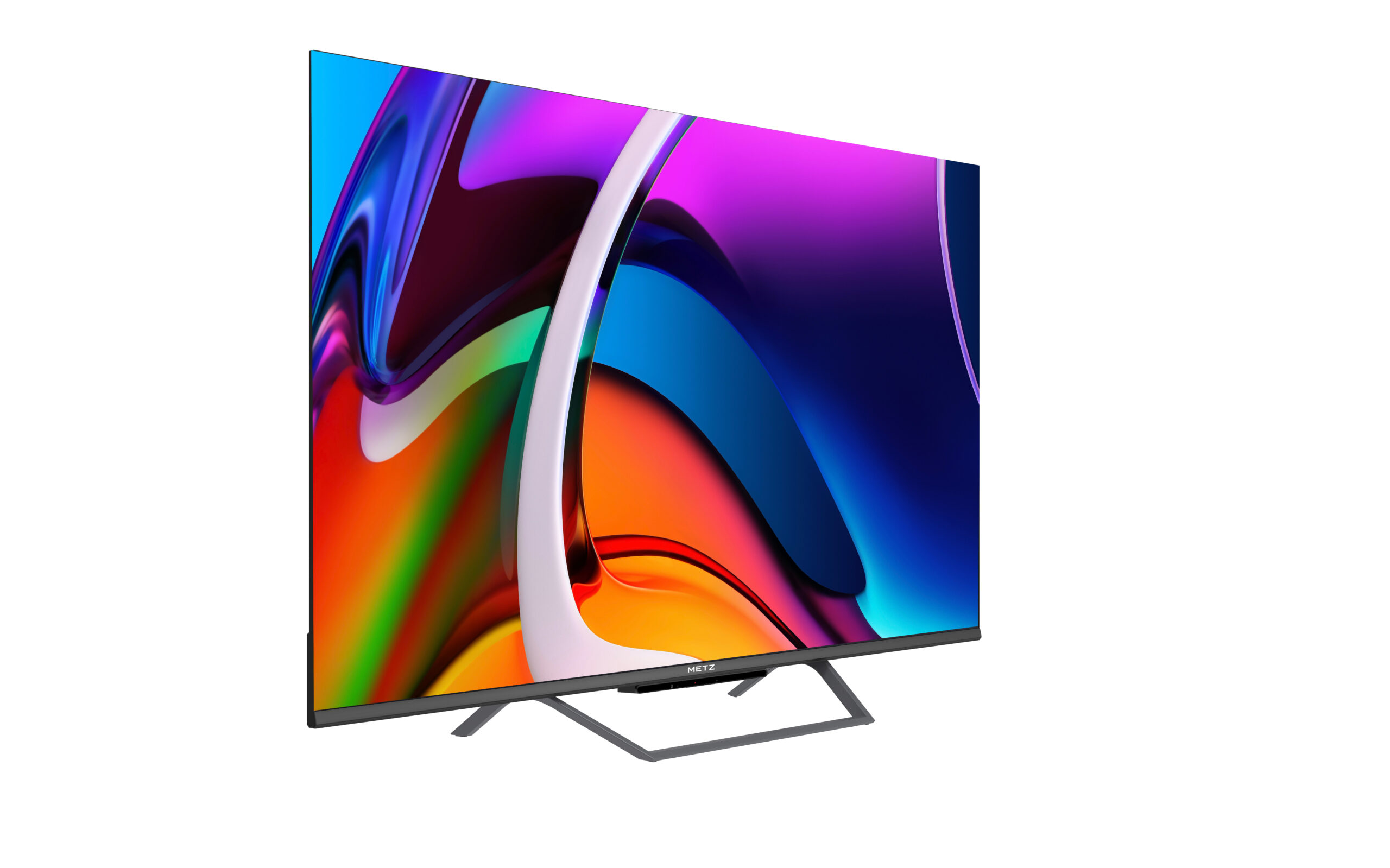
High-End Features Without the High-End Price
METZ has packed these TVs with premium features typically found in more expensive models, making them an excellent choice for tech enthusiasts and home cinema lovers alike.
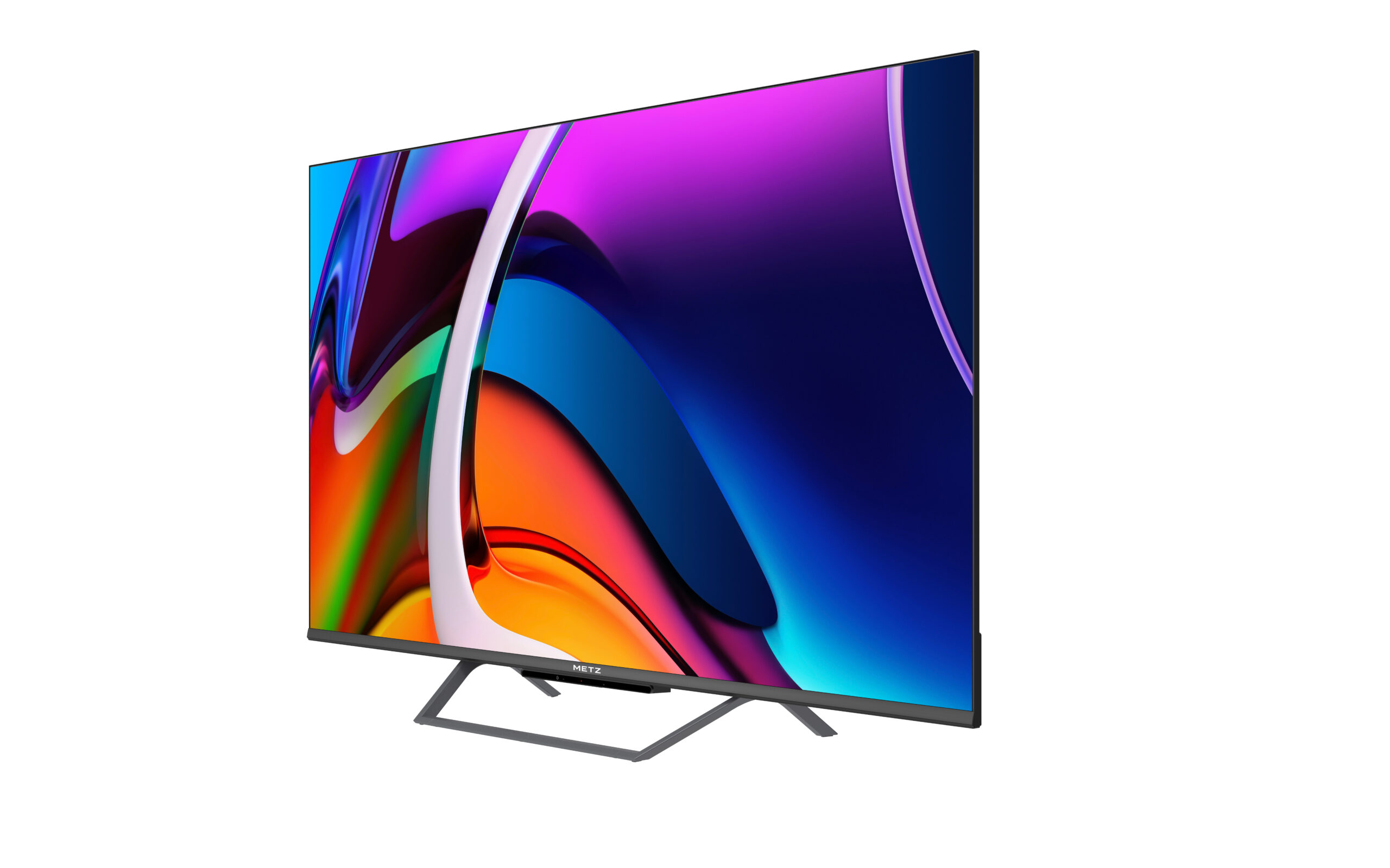
QLED Technology & Matte Anti-Glare Screen
With 4K Ultra HD resolution and QLED technology, these TVs deliver:
✅ Vibrant colours and a wider colour spectrum for true-to-life visuals
✅ Enhanced contrast and deeper blacks for immersive viewing
✅ Sharp detail that makes every scene pop

The matte anti-glare screen—a rarity in this price range—reduces reflections and enhances clarity, making it perfect for bright rooms. The TVs also include METZ Eye Care technology, which reduces blue light emissions and minimises flicker, helping to reduce eye strain.
Dolby Atmos Audio for an Immersive Sound Experience
The MQE7600ZUK series doesn’t just look good—it sounds great too. Dolby Atmos audio brings a rich, 3D surround sound experience, whether you’re gaming, watching movies, or streaming music.
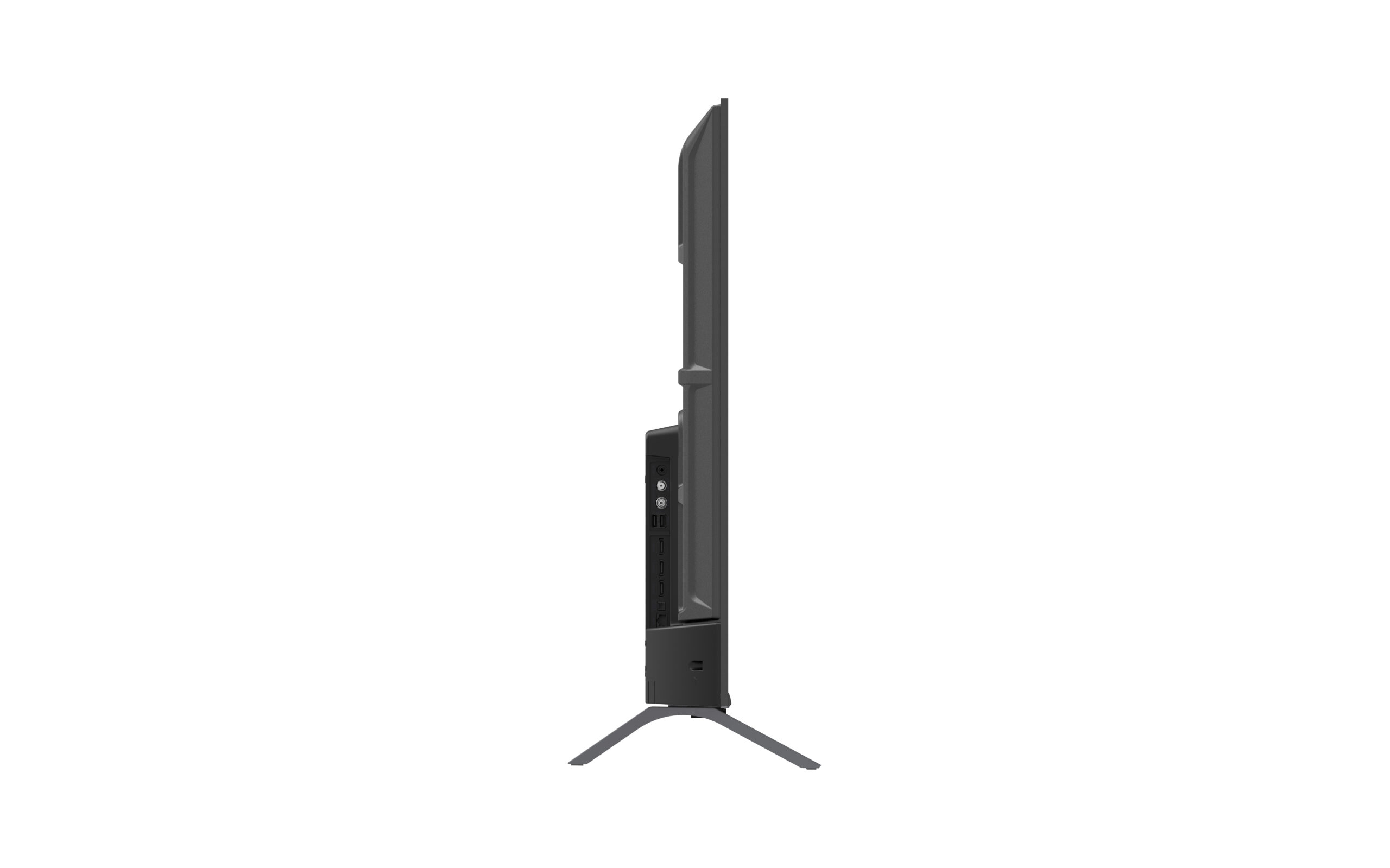
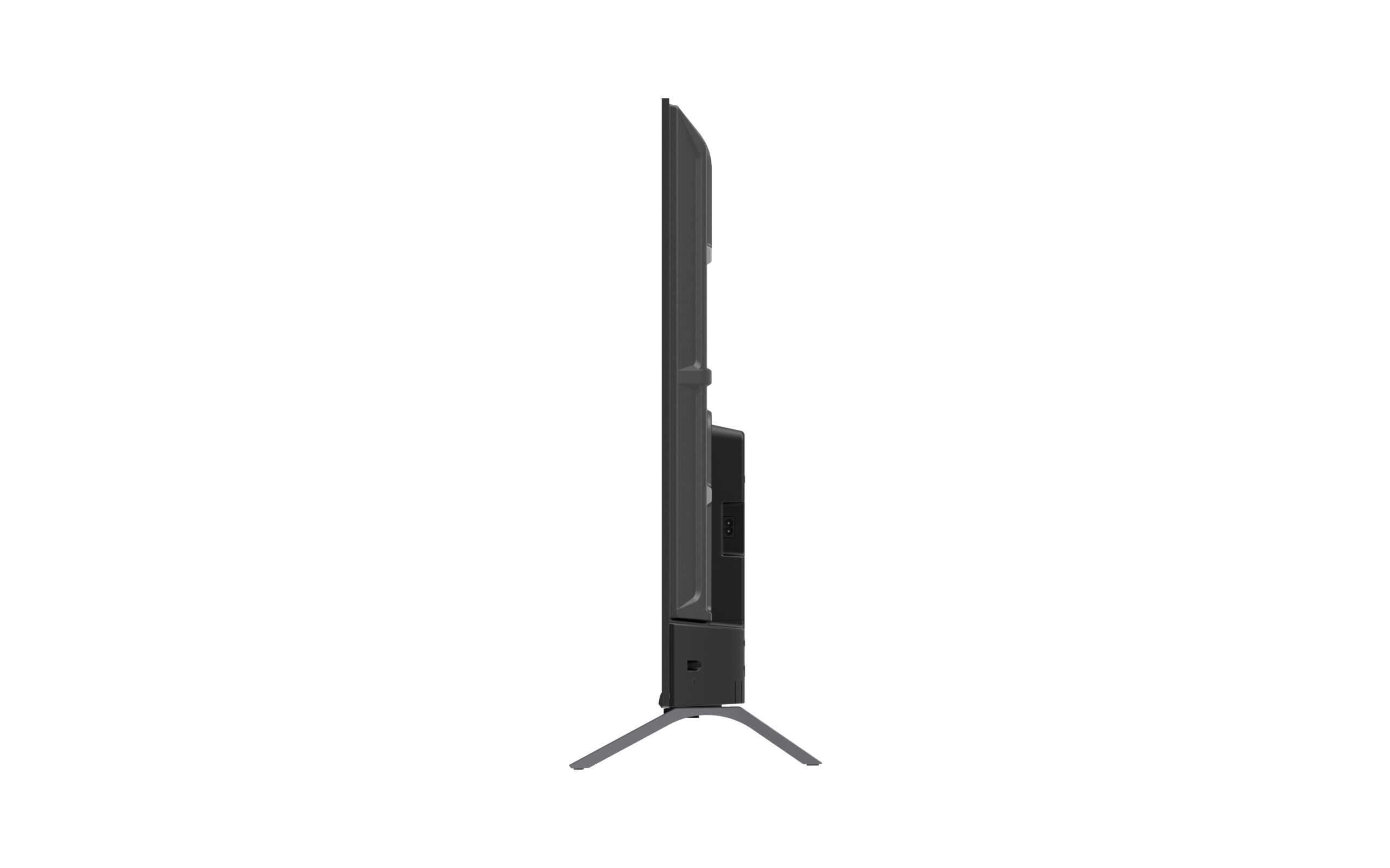
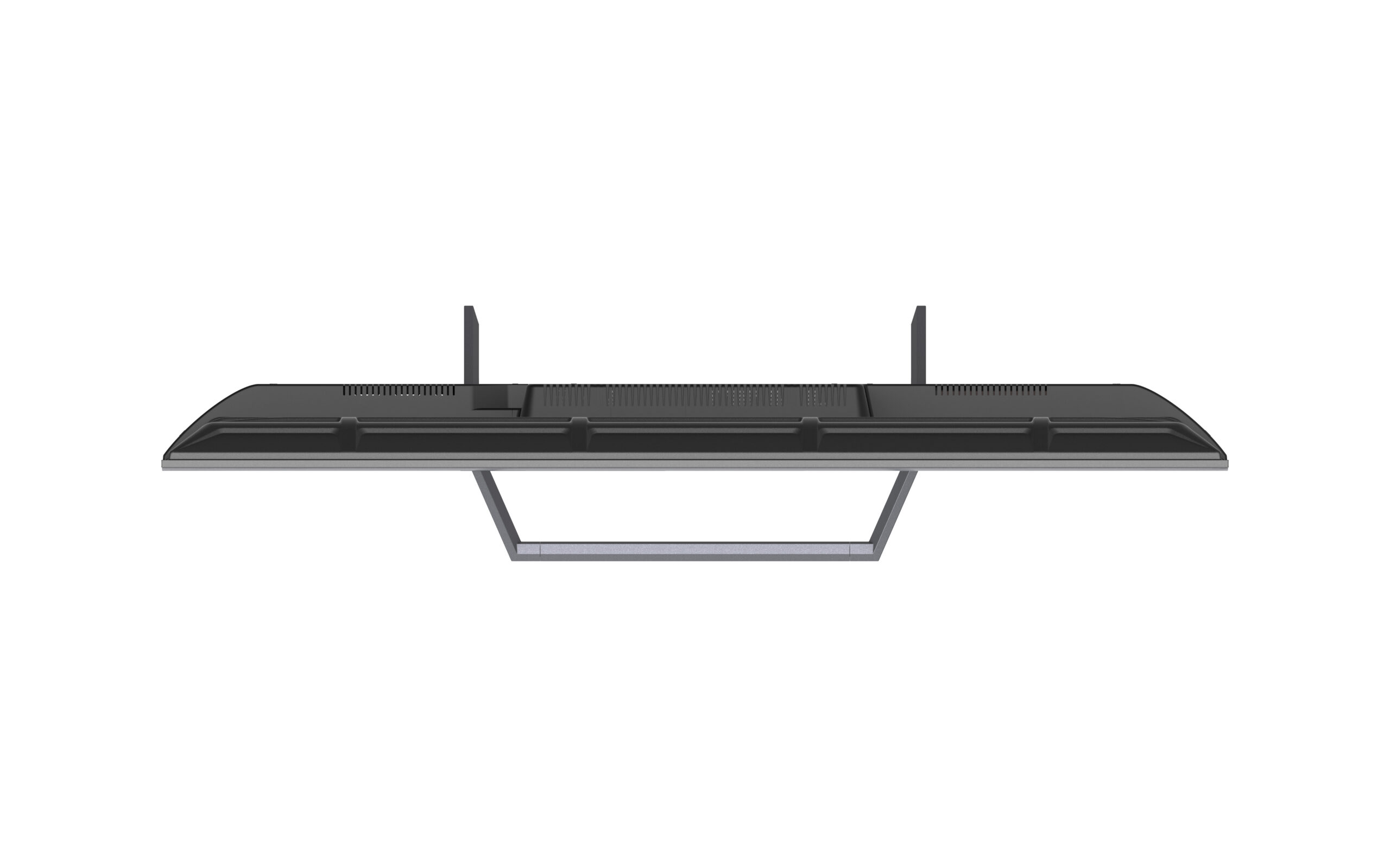
Smart TV Powered by TiVo: Seamless Streaming & Free Live TV
One of the standout features of the METZ QLED range is its TiVo-powered operating system, delivering a seamless streaming and TV experience.
🔹 Access all major streaming services including Netflix, Prime Video, Disney+, YouTube, and more
🔹 Advanced voice control and personalised recommendations for a smarter, more intuitive interface
Freely: Live & On-Demand TV Without an Aerial or Dish
For those looking for a cable-free solution, METZ has integrated Freely, which allows users to watch live and on-demand TV for free—all you need is Wi-Fi.
📺 Watch BBC iPlayer, ITVX, Channel 4, Channel 5, WATCH FREE UK, PBS America, and 40+ live channels
📺 No aerial, no satellite dish—just streaming simplicity
📺 Dedicated Freely button on the remote for quick access
Pricing & Availability
The METZ MQE7600ZUK QLED TV range is available now at Euronics stores across the UK, with the 43” model arriving in April 2025.
| Model | Screen Size | Price (SRP inc. VAT) |
|---|---|---|
| METZ 43MQE7600ZUK 2025 | 43” | £379 |
| METZ 50MQE7600ZUK 2025 | 50” | £429 |
| METZ 55MQE7600ZUK 2025 | 55” | £489 |
| METZ 65MQE7600ZUK 2025 | 65” | £659 |
Prices may vary by retailer.
Final Thoughts
With cutting-edge QLED technology, anti-glare matte screens, TiVo’s powerful OS, and Freely’s no-aerial-needed live TV, the METZ MQE7600ZUK series is an exceptional value-for-money choice. Add in Dolby Atmos sound and a five-year warranty, and METZ has created an affordable premium TV lineup that’s hard to beat.
For more details and full specifications, visit METZ Blue.
What do you think about METZ’s latest offering? Let us know in the comments!


